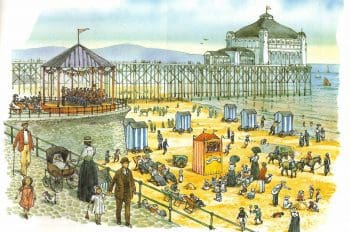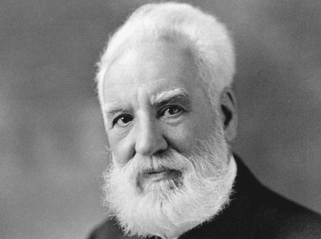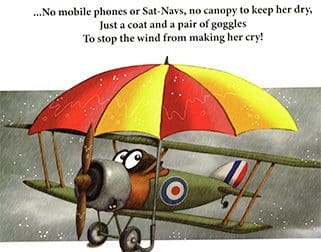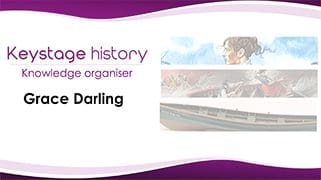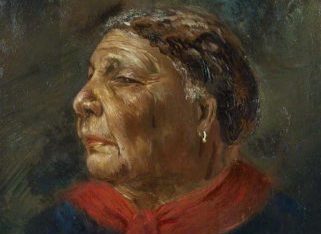
There are lots of opportunities for pupils to use a range of applications at Key Stage 1 that go beyond commercially-produced activities, and cost very little. The ones I have chosen revolve around collecting data and then organising and communicating findings.
Examples of effective use of ICT in teaching history
1. Simple word processing
Children highlight text, copy and paste to put words or images into two columns, such as old and new. They create labels for museum exhibits. They write simple narratives, using electronic word banks. Above all, they write to a set number of words making excellent use of both the delete and word count functions. Examples of this type of activity might be creating a commemorative plaque for a famous person. See Outstanding Lesson on Wright brothers.
2. Desk top publishing
Completing front pages of newspapers, when an existing electronic frame has already been produced. Examples might

